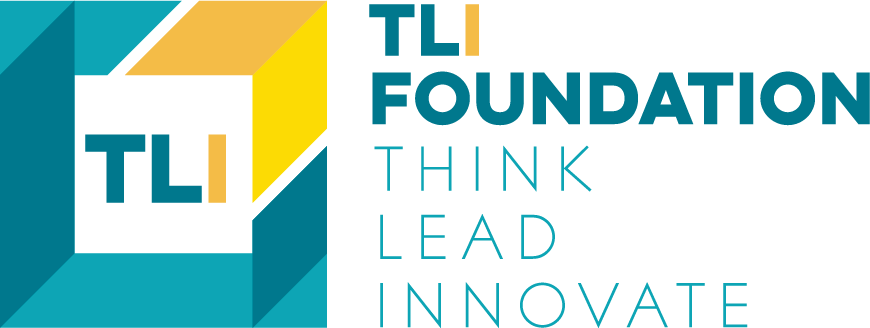Discovering Infectious Determinants of Chronic Diseases: Hospitals, Academia & Donors Partner in Research with TLI
Initiatives underway to advance regenerative medicine program, identify cause of chronic illnesses, such as Lyme disease, Bartonellosis, rheumatoid arthritis, lupus, neuropsychiatric diseases and Crohn’s disease
MCLEAN, Va.-(BUSINESS WIRE)- With an emphasis on the discovery of infectious determinants of chronic diseases, a goal to reduce chronic disease worldwide and the dedication to make significant advances in regenerative medicine, the Thought Leadership & Innovation Foundation (TLI) is partnering with hospital systems and academic institutions and inviting donor support for the continuation of research. A nonprofit foundation focused on driving innovative thinking and action on global issues relating to health, education and economic empowerment, TLI anticipates that this vital research will lead to earlier prevention and treatment of infection, becoming the opportunity to avoid irreversible or severe chronic disease across large populations.
Bill Oldham, founder and chairman of the Board, TLI, says, “While numerous causal relationships are scientifically established, chronic diseases often result from masked chronic infections, with the need for continued research to detect and confirm additional links. We want to explore new capabilities to prove causality of chronic infection, open the door to new treatment plans and public health programs, and reduce the number and severity of chronic diseases globally. If only five percent of chronic diseases are attributable to infectious agents, in the United States alone, approximately 4.5 million of the 90 million people living with chronic disease might receive benefit from these new plans and programs.”
He explains that infections caused by bacteria have been researched extensively for well over 100 years, and those once considered deadly are now controlled or defeated with modern treatments and medicines. However, most of the research conducted to date has targeted acute rather than chronic infections.
Current research conducted by TLI Fellows Dr. Bob Mozayeni and Dr. Marna Ericson indicate that biofilms play an important factor in chronic diseases such as Lyme disease, Bartonellosis, rheumatoid arthritis, lupus, neuropsychiatric diseases and Crohn’s disease. It is now recognized that up to 80 percent of all bacterial infections in our bodies live in biofilms which enable bacteria to grow in protective film-covered clusters. These biofilm bacteria often persist undetected and undiagnosed, causing chronic illness by fostering the growth of microbes that contribute to inflammation.
Researchers assert that biofilms may be unrecognized stages in the pathways from infection exposure to chronic illness and are likely to determine a substantially greater, and potentially preventable, number of chronic illness cases than currently thought.
Oldham adds, “TLI has been a partner in exploring biofilms as they relate to chronic disease for four years and strongly believes there is merit in the science. Because new strategies must build on sound scientific evidence, TLI has established a Regenerative Medicine program with the infrastructure to support the continuation of this work, development of additional grant-funded research and other initiatives.”
Regenerative medicine is the process of creating living, functional tissues to repair or replace tissue or organ function lost due to age, disease, damage or congenital defects.
TLI has already raised 40 percent of its funding goal, with a commitment for 50 percent of the total received. Sustained annual funding will be achieved through a mix of corporate and private sponsors, grants, and research and commercial fees.
About TLI Foundation:
TLI Foundation is a nonprofit foundation focused on driving innovative thinking and action on global issues relating to health, education and economic empowerment. The organization is committed to fostering transformative change and improving the health and well-being outcomes of communities around the world.
